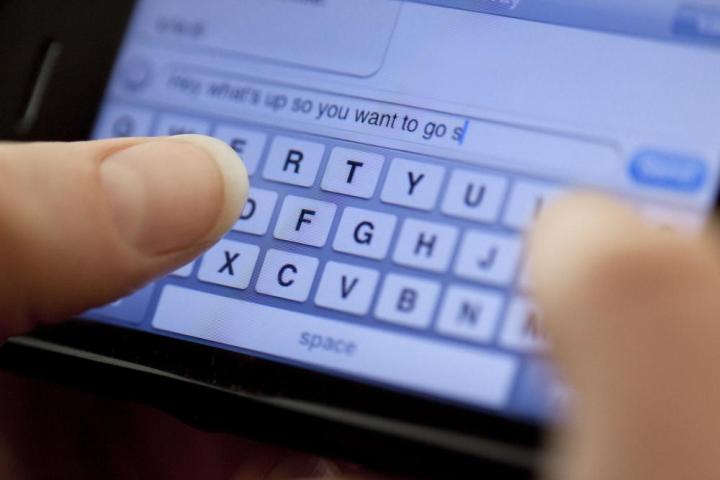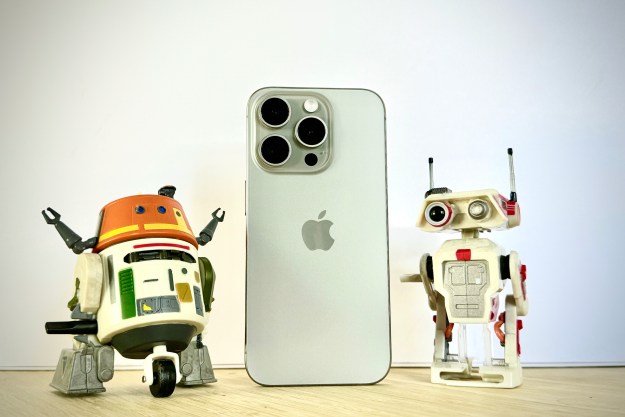
Do your friends take an abnormally long time to respond to your texts? Are the messages they send back shorter than usual? Do you catch them making edits for a long time? If so, you may have a problem. Everyone’s lying to you.
A Brigham Young University study pitted 100 students from two large universities against each other. Using a computer, they were each asked 30 questions and told to lie “in about half” of their responses. Researchers found that people who lie in texts, social networks, or over instant messaging take 10 percent longer to compose their message, make a lot more edits, and write shorter responses than usual.
Not that you’ll know if they’re lying: According to Tom Meservy, BYU professor of information systems, humans can only detect lies about 54 percent of the time. It’s even harder over the Internet.
“Digital conversations are a fertile ground for deception because people can easily conceal their identity and their messages often appear credible,” said Meservy. “Unfortunately, humans are terrible at detecting deception. We’re creating methods to correct that.”
Of course, it may take some people an extra long time to tell the truth. We’ve provided an example below.

To try and learn more truth about how people lie, BYU researchers may use the Xbox Kinect to track the movements of liars.
Of course, as Gizmodo suggested there could be another reason people are taking a long time to respond to your texts. They just may not like you. (We think you’re awesome, though. And it definitely totally absolutely didn’t take us 10 percent longer to type this.)



